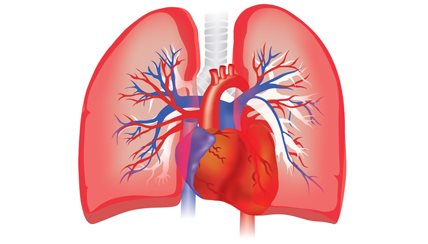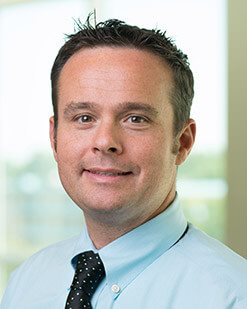New Trial Medication for Pulmonary Arterial Hypertension
Trial Objectives
 The new investigational drug Ralinepag is designed to help the body receive prostacyclin known to widened blood vessels and relax artery walls, and potentially improve blood flow in adults with Pulmonary Arterial Hypertension (PAH). The ADVANCE OUTCOMES study is evaluating the effects of adding Ralinepag, to patients’ current PAH therapies. Once screened, participants will have 16 weeks to find their optimal dose before continuing to treatment.
The new investigational drug Ralinepag is designed to help the body receive prostacyclin known to widened blood vessels and relax artery walls, and potentially improve blood flow in adults with Pulmonary Arterial Hypertension (PAH). The ADVANCE OUTCOMES study is evaluating the effects of adding Ralinepag, to patients’ current PAH therapies. Once screened, participants will have 16 weeks to find their optimal dose before continuing to treatment.
Participants will have the option to continue in an extension study of Ralinepag (ADVANCE-extension) if they are eligible. The extension study will look at the effect of Ralinepag over a longer period of time.




